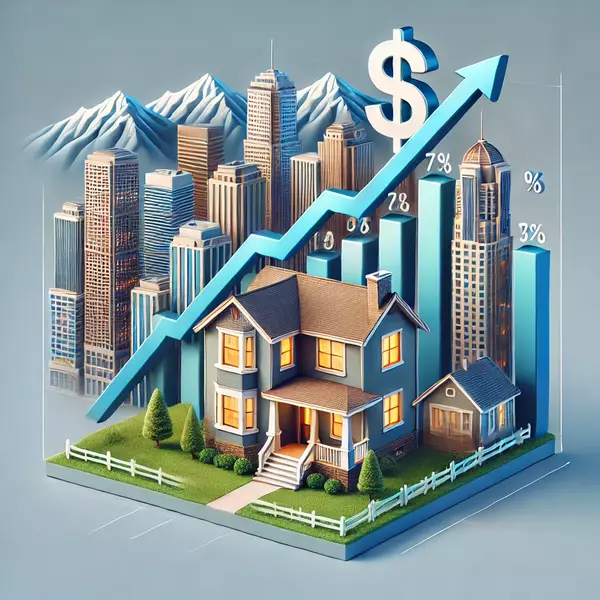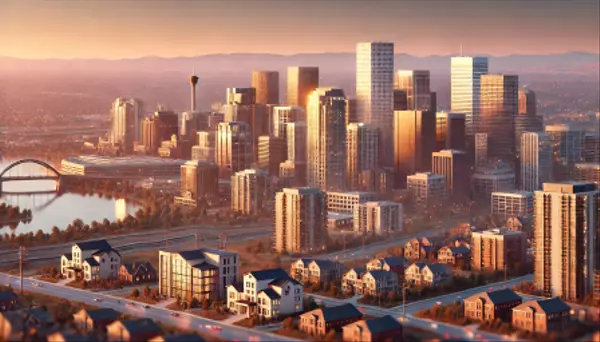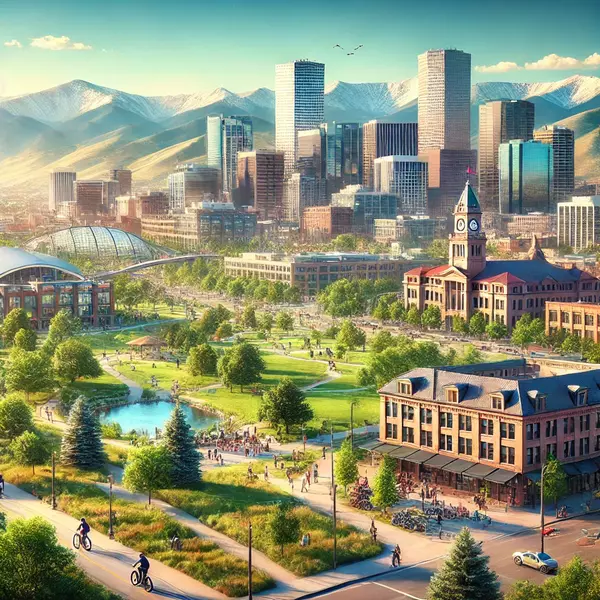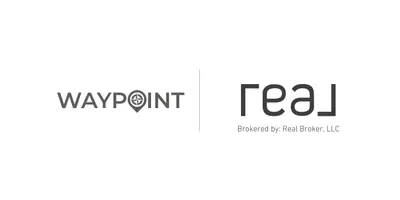The Role of Public Transportation in Denver's Real Estate Landscape
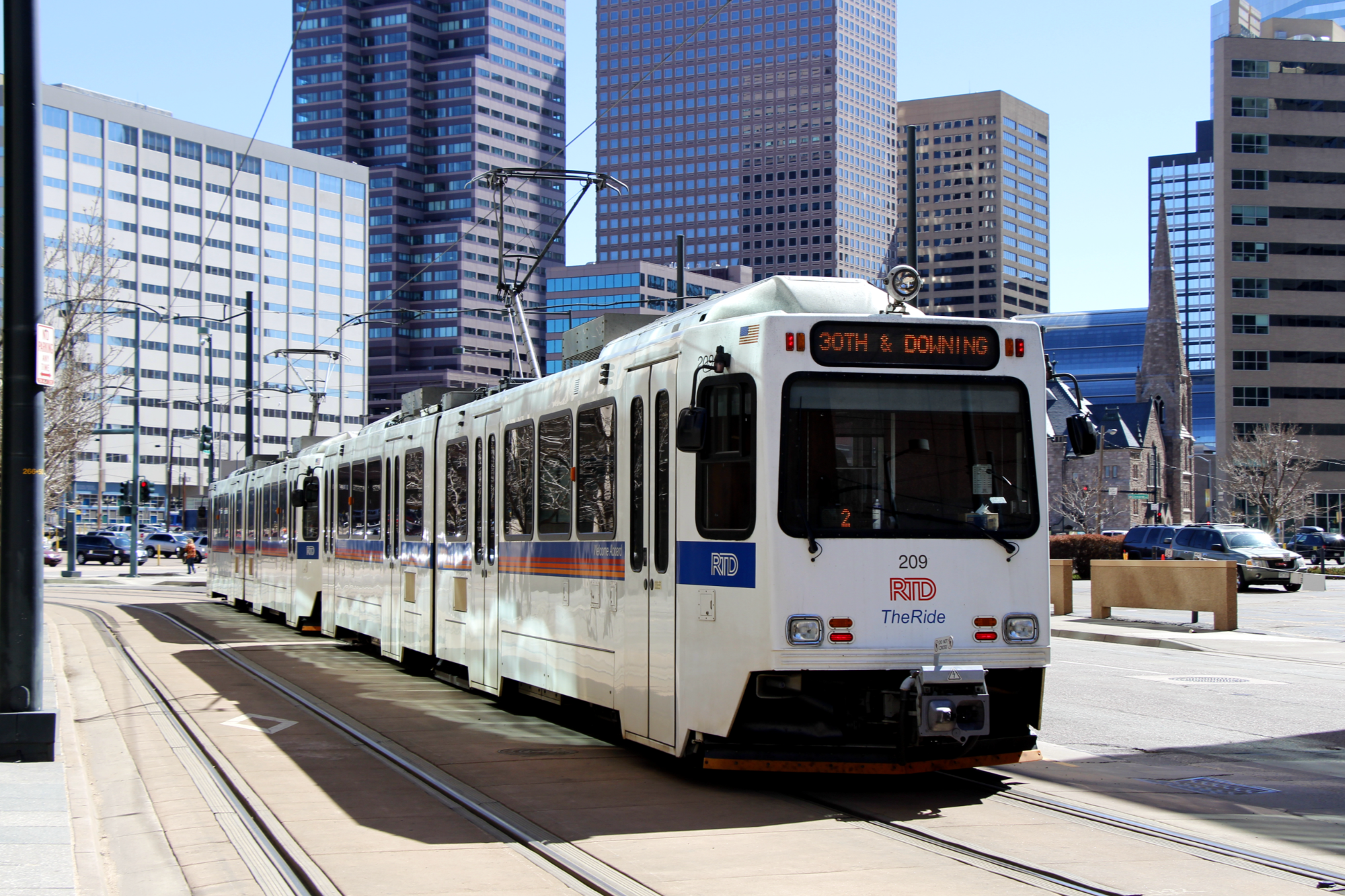
As Denver continues to grow, the city's public transportation system has become an increasingly important component of its real estate landscape. The interconnectedness of housing, transportation, and urban development is a dynamic relationship that shapes the character of a city. In Denver, it is playing a critical role in molding the city's urban fabric, shaping community development, and driving property values.
The Transportation-Housing Affordability Link
Urban planners often advocate for transit-oriented development, which encourages building residential and commercial areas around transit hubs to increase accessibility. In Denver, this approach has led to substantial growth in neighborhoods near light rail and bus lines.
Transportation costs are an often-overlooked factor in housing affordability. By enhancing public transportation and creating communities where amenities are easily accessible without a car, Denver is improving the overall affordability of its neighborhoods. In fact, the Center for Neighborhood Technology notes that households that live in transit-rich neighborhoods spend on average 9 percent less on transportation costs. This decrease in transportation expenses can make housing more affordable in the long run.
Public Transportation and Property Values
Denver’s commitment to expanding and improving its public transportation system has also had a positive effect on property values. Studies have consistently found that proximity to public transportation has a positive impact on property values. According to a study by the American Public Transportation Association (APTA), residential property values performed 42 percent better on average if they were located near public transportation with high-frequency service.
In Denver, neighborhoods located near the RTD’s (Regional Transportation District) light rail and bus stops have seen a significant boost in property values. This is particularly evident in areas such as the Union Station neighborhood, which has experienced a surge in development and property values since the completion of the transit center.
Driving Sustainable Development
Beyond the economic implications, Denver's public transportation system plays a key role in the city’s sustainable development goals. By reducing dependence on cars, the city can decrease greenhouse gas emissions and other pollutants. High-density, transit-oriented development also conserves land and reduces the pressure to build on undeveloped areas, preserving natural habitats and biodiversity.
Furthermore, transit-oriented development often leads to the creation of walkable neighborhoods with a mix of uses, which can enhance the quality of life. Neighborhoods where people can easily walk to shops, restaurants, and public transportation are not only more sustainable, but they also tend to be more vibrant and desirable places to live.
The Future of Denver's Public Transportation and Real Estate
Looking forward, Denver's public transportation system will continue to shape the city's real estate landscape. Plans for the expansion of the light rail system, the addition of new bus rapid transit lines, and continual improvements to the city’s biking infrastructure are likely to stimulate development and increase property values in areas near these amenities.
However, as public transportation drives up property values, it is essential to ensure that transit-oriented development does not lead to the displacement of low-income residents. Affordable housing initiatives need to be integrated into transit-oriented development plans to maintain diverse and inclusive communities.
In conclusion, public transportation is an integral part of Denver's real estate landscape. It directly influences property values, supports the creation of vibrant, walkable neighborhoods, and contributes to the city's sustainability efforts. As Denver continues to grow and evolve, its public transportation system will undoubtedly remain at the heart of its urban development strategies.
Categories
Recent Posts


